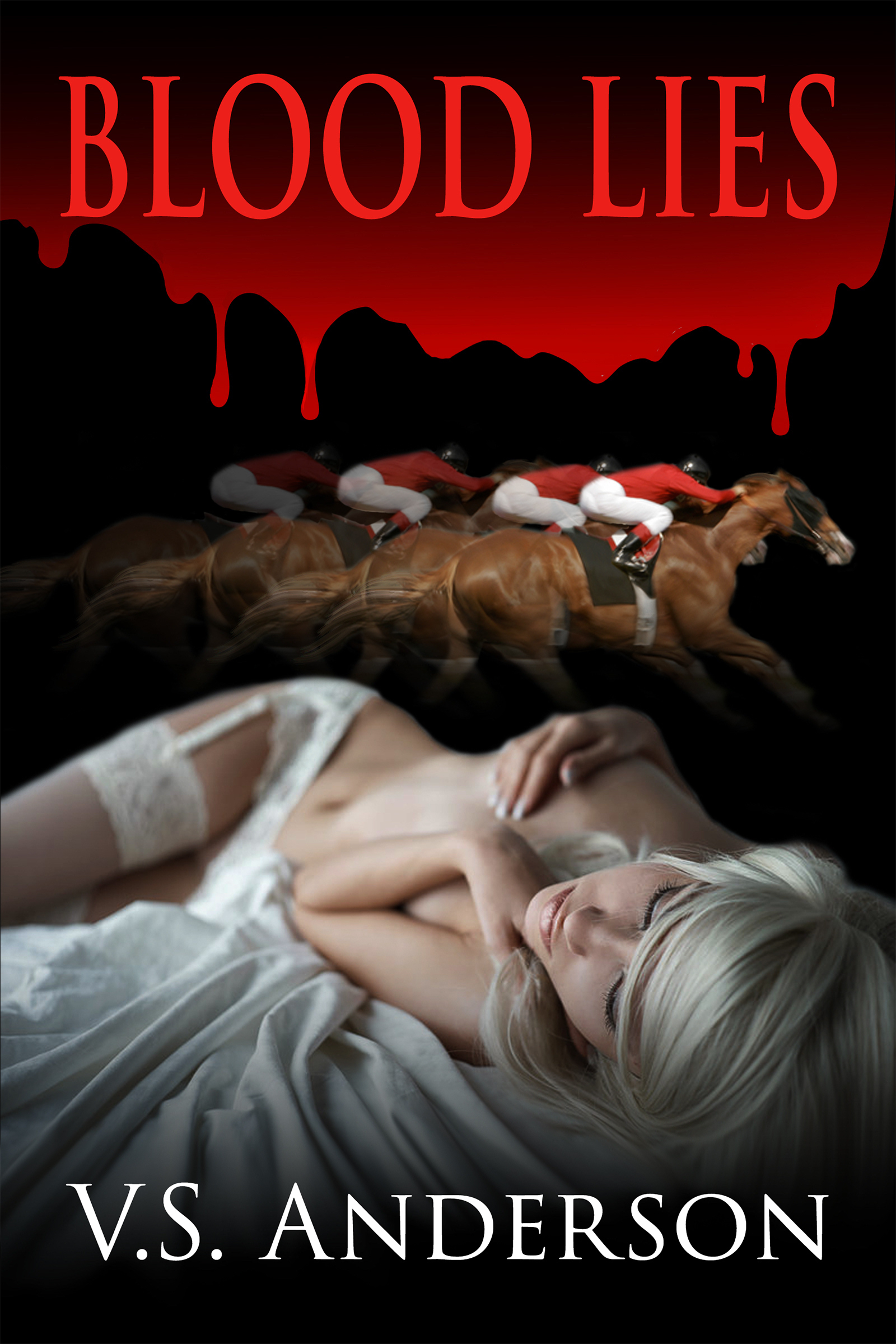Put Your Editing Nightmares to Bed!
Across the online landscape for writers, there’s a lot of anxiety about producing that error-free query, synopsis, or draft. With reason—the first letter in “professional” is “p” for “perfect.” There’s no wiggle room on this one, is there? It’s got to be capital-R Right.
As someone who taught college writing for 25 years and as a published novelist, I’ve been on the front lines of the effort to spread “good grammar.” The fact is, the whole question of what’s Right is more complicated than you think.
In the next few posts, I’m going to make an argument that we don’t need to obsess quite as much as we do. In fact, there are some “grammar rules” we can even trash!
Yes, You Have to be Able to Edit Your Work. . . .
I’m not for one minute telling you that your command of English syntax and usage is not important. It’s vital. But writers can all too easily get bogged down on trivia and even on myths (“OMG! I ended a sentence with a preposition! :-0”). One common cause of writer’s block is thinking that every comma is radioactive, ready to explode and destroy the known universe if mishandled. So for us writers, a little bit of a reality check is a good thing!
Today’s topic: What is good grammar? Answer: Depends on whom you ask.
(Yep, whom you ask. Why? Because it’s the object of the verb “ask.” Eeek! Relax. Nine times out of ten, “who” would be just fine in that line. Hang around; later I’ll explain why.)
Linguists, people who study how languages work, generally agree on three things:
- All languages have multiple variations, or dialects
- All dialects have their own perfectly logical, acceptable grammar and structure and work fine as means of verbal communication when used among and by the people who’re familiar with them
- All cultures have “power dialects,” those used by the people who get to make decisions—the editors who choose what gets published in major public venues like magazines and newspapers, for example. The written form of the power dialect in English is often referred to as Standard Written English (SWE). The power dialect opens a lot of doors. It’s the one those agents tell you they’re expecting from you.
Linguists also agree that people communicate in different “registers,” ranging from formal to informal. You already know this. You know to use the equivalent of an indoor voice when you’re making a business presentation and a voice kin to a playground voice when you’re hanging out on Saturday night. You know that in those query letters it’s the indoor voice you need.
You probably also know that in your creative writing—fiction, essays, memoirs, poems, songs—you have a lot more leeway, because often you’re in a character’s head, speaking in his or her voice, and that voice might be a dialect or even an “idiolect,” a way of talking unique to that person. The “rule” for dialect in fiction is a common-sense one: Don’t lay it on too thick. Don’t make readers struggle to figure out what the character is saying. Pick a couple of hints that will orient readers to time, place, ethnicity, class, and leave it at that.
The other, unwritten rule is to be familiar enough with the difference between your character’s voice and SWE that you can make it look as if your choices were deliberate—that you could just as easily have used the King’s SWE if you had wanted to.
But SWE? Well, that’s sacred, isn’t it? There’s a rule book. The best readers, editors, writers, and teachers all own a copy, and they know it by heart.
Yes, Virginia, There are Grammar Books!
 If you believe this, and I know from experience that many do, brace yourself. There is such a book, oh yes: in fact, a whole bunch of them. They contradict each other. And a whole lot of them tell you things that aren’t true. Or things that might be true for some people, but may not need to be true for you.
If you believe this, and I know from experience that many do, brace yourself. There is such a book, oh yes: in fact, a whole bunch of them. They contradict each other. And a whole lot of them tell you things that aren’t true. Or things that might be true for some people, but may not need to be true for you.
For my next post on how much grammar you need to know, I’ll let you in on how different “experts” look at “error.” I’ll look at some of the “mistakes” that might have earned you a big X from some red-pen wielder somewhere in your writing history, and you can bask in the knowledge that he or she was just plain wrong.






Pingback: A.P. Says We Are Now Free To Boldy Go! | Just Can't Help Writing
Pingback: Describers vs. Prescribers: Reaching a Linguistic Common Ground | Just Can't Help Writing
I only started writing a few years back. Started from scratch with little knowledge and have been building on this – slowly. I had to laugh at this: “OMG! I ended a sentence with a preposition! :-0. I was fortunate to find a fellow reader who loved editing, and she taught me so much when she edited my first draught. Lately, she’s not around so much, so I’ve had to learn to be comfortable with my own editing efforts. This has been good for me. I need to learn to stand on my own two feet. It’s the fastest way for me to learn 🙂 I miss her, though, because she does understand my style and forgives me for my rule transgressions. Her advice to me? Be consistent with your choices!
LikeLike
Argh – draft not draught – See! Keyboard works faster than brain….
LikeLike
I’m there. I’ll think I’ve typed X and the screen shows Y. I don’t have autocorrect on, but still it happens! Multiple eyes on a draft in a writing group helps me–especially since my eyes aren’t great and r’s look like t’s!
LikeLiked by 1 person